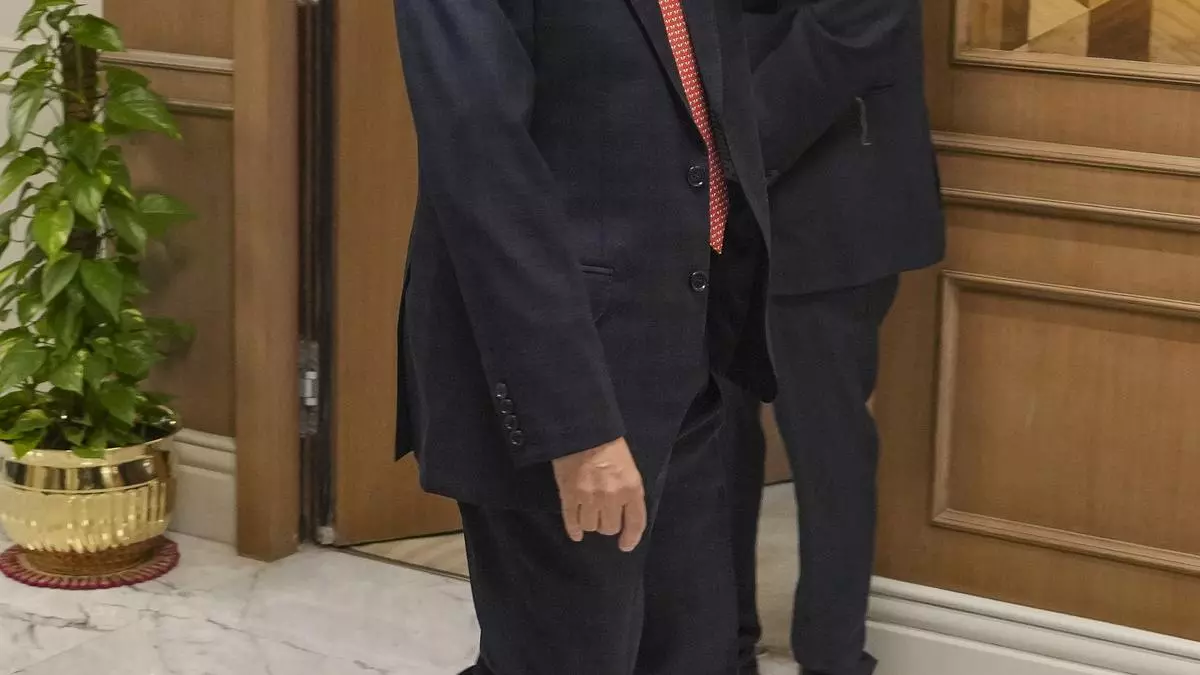Shaktikanta Das’ successful six-year innings as RBI Governor come to an end
Shaktikanta Das will end his six-year innings at the helm of RBI on Tuesday with a lot of satisfaction, having adroitly steered the financial system and the economy through the Covid-19 pandemic, ensuring there is an “Arjuna’s eye” kind of focus on bringing down inflation, building forex reserves for a “rainy day”, and encouraging regulated entities to strengthen capital buffers, among others.
The Governor, who loves cricket, played his shots well even as he did not allow differences between the central bank and the government on matters such as interest rates to boil over.
His tenure as RBI Governor is the second longest after Benegal Rama Rau, who served as Governor for seven-and-a-half years from July 1, 1949 to January 1, 1957.
Top banker
Das’, who is the 25th Governor of RBI, global standing is underscored by the fact that he earned “A+” (top central banker) grade for the second consecutive year in the Global Finance Central Banker Report Cards 2024.
The Governor faced an acid test during the Covid period. Under his leadership, RBI ensured that the financial markets did not freeze up, financial intermediaries functioned normally; the stress faced by households and businesses was alleviated; and the life blood of finance was kept flowing.
That the central bank was quick on its feet in the face of the Covid crisis is underscored by Das’ August 2020 statement. He emphasised that RBI is perhaps the only central bank in the world to have set up a special quarantine facility with its officers, staff and service providers, numbering about 200, for critical operations to ensure business continuity in banking and financial market operations and payment systems.
Das stood his ground when there was mounting pressure from various quarters, including central ministers, to usher in a softer interest rate regime.
In his August 2024 bi-monthly monetary policy statement, the Governor underscored that the MPC’s target is the headline inflation wherein food inflation has a weight of about 46 per cent.
“With this high share of food in the consumption basket, food inflation pressures cannot be ignored. Further, the public at large understands inflation more in terms of food inflation than the other components of headline inflation.
“Therefore, we cannot and should not become complacent merely because core inflation has fallen considerably,” he said. This reflects his concern for the common man and Arjuna’s eye focus on reining-in retail inflation.
On inflation
In his latest statement, Das observed that persistent high inflation reduces the purchasing power of consumers and adversely affects both consumption and investment demand. The overall implication of these factors for growth is negative.
Therefore, price stability is essential for sustained growth. On the other hand, a growth slowdown – if it lingers beyond a point – may need policy support.
The RBI came up with out of the box ways to rescue troubled banks such as Yes Bank, Lakshmi Vilas Bank and Punjab & Maharashtra Co-operative Bank. This clearly indicates that it will protect depositors by not allowing Banks to go belly up.
Manoranjan Sharma, Chief Economist, Infomerics Ratings, said: “Considering a proper historical and comparative perspective, Mr. Shaktikanta Das acquitted himself well at the helm of affairs in the RBI. How do I arrive at this assessment? First, he was recently named the top central banker by Global Finance for the second consecutive year in 2024, with an A+ rating for his leadership in guiding the RBI through challenging economic times. Secondly, and more importantly, his role in regulating the monetary policy, including adroitly managing the “growth-inflation trade-off” and ensuring macroeconomic and financial stability.
“He also did pioneering work in strengthening the regulatory framework of Banks, NBFCs, UCBs, Payment Systems, and ARCs, deepening the supervisory framework, developing financial markets, and making the payment systems in India interoperable with cross-border linkages and innovation.”
